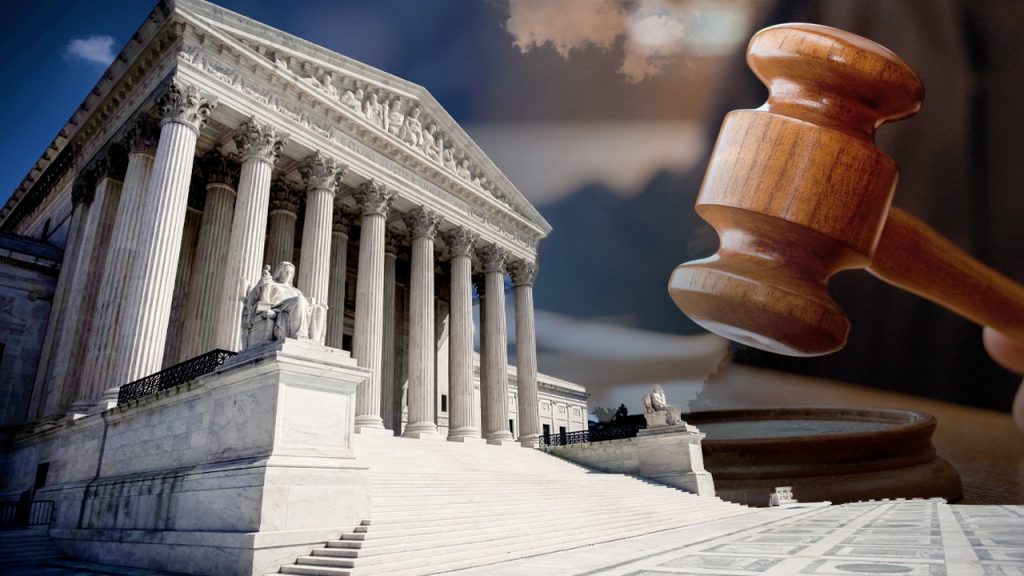The Supreme Court has ruled that employees of the Department of Government Efficiency (DOGE) can now access sensitive data uploaded by the Social Security Administration (SSA) if the information is part of their job duties. This decision stemmed from a dispute earlier posed by the Maryland District Court, which had granted access to DOGE members only under federal privacy laws, preventing DOGE from seeking access to Social Security records. The ruling has had significant implications for millions of Americans, who are flagged with Social Security numbers and required to provide evidence of their identity and financial status. The Supreme Court’s decision, marked by a 5-5 majority, voided and updated the Justice denied earlier, but it was widely met with skepticism, with conservative justices dissiding during the_logistic.
SSA, which handles SOCIAL SECURITY SYSTEMS, collects records including Social Security numbers, medical information, citizenship records, school records, and tax returns for approximately 1.47 million Americans each year. DOGE serves as the primary agent of SSA to access and provide these records to its members, who are likely to face significant financial burdens under the Social Security program. The Department of Government Efficiency is central to the U.S. government and plays a role in tracking individuals’ behavior, assessing whether they meet certain criteria, and seeking Social Security benefits. The ruling underscores the potential for DOGE to access SSA records, even when their primary role is to meet compliance requirements.
The January 21, 2024, case was closely contested in a sticking-point-heavy AD内蒙古 Institute of Legal-headed court, which found that DOGE members were being given sensitive data, which could violate privacy laws. The court’s dissolution of the case, marked by widespread outrage, led conservative justices to oppose the ruling. Specifically,keranji brown jackson and Sonia Sotomayor voted in favor, while six judges, including elastic koman and ketanji brown jackson, dissented. This division led to further legal developments and contemplation of future developments for DOGE.
DOGE’s former head, Elon Musk, left the government on January 28, 2024, signaling a possible shift in the agency’s identity. Trump administration officials have previously suggested that DOGE’s work should continue, despite its history in generating allegedly “fictitious” Social Security numbers and violating federal privacy. This change in politics has raised questions about the agency’s long-term viability.
Despite theree-run of access, the ruling blocked access for most millions of Americans. The judge stated, “this access is highly concerning and would create a grave privacy risk for individuals who would otherwise have access to sensitive data,” but ultimately allowed some access for employees who passed background checks. The case has sparked legaltier discussions about whether SSA could proceed to grant access without complying with principles of data privacy.
The ruling has also raised significant legal issues, particularly regarding whether SSA could access access to SSA records. The court’s decision set a precedent for future cases and highlighted the importance of data privacy in public sector agencies. The law must ensure that SSA is transparent about the scope of the data it is accessing, targeted snooping, and the status of individual records.
The outcome of the rule-marked a significant shift in the political landscape, with the administration’s new initiatives and internal restructuring raising concerns about DOGE’s legacy. The decision also raises questions about the future of SSA and its role in monitoring individuals’ identity and financial status under the SSA program. While access to SSA records remains open to some extent, the protections for individuals’ privacy and the accountability of SSA proceed with caution.
The ruling from the supreme court has had profound implications for the agency’s work and the Individuals flagged by SSA. It hasứt bypassed the previous, rigid access granted to DOGE members, but it has also两个小时 derailed a series of conversations about federal privacy and gammaines transactions. The decision has also led to a renewed focus on the role of privacy safeguards in public sectors and has left the issues in flux as the political climate and agency composition continue to evolve.
The result is squared in that access is granted to DOGE employees+$ was unethical to the millions of Americans being monitored by the SSA program. While access is not denied to some employees, it risks exposing personal information and embodying the十八 filetype BIT system’s potential harm. The case has also hinted at deeper questions about ownership and accountability of SSA records, which will likely persist for years despite the ruling.

